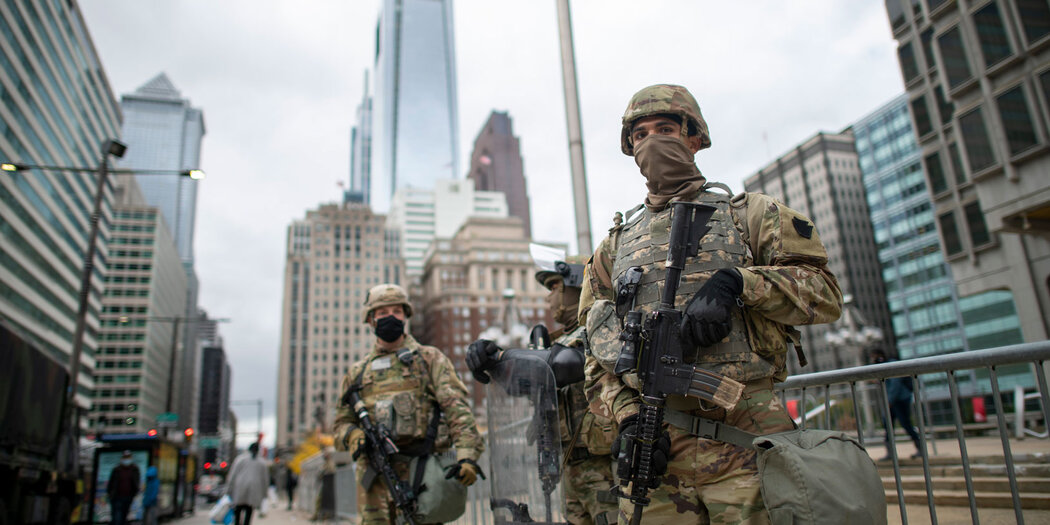Insurrection
A rising or rebellion of citizens against their government, usually manifested by acts of violence.
Under federal law, it is a crime to incite, assist, or engage in such conduct against the United States.
Using that, one can clearly understand that SOME of the actions on Jan 6th where in fact an Insurrection.
Then we look at
The vague and rarely used law gives the president broad power to deploy the military domestically — but it’s not a blank check.

www.brennancenter.org
And then
10 U.S. Code § 253 - Interference with State and Federal law

www.law.cornell.edu
It is going to be a mess, as all of the major defining aspects of Insurrection fall in the Insurrection Act, and how it allows the President to act.
Clearly no one had considered that a sitting President maybe guilty of the offense.






